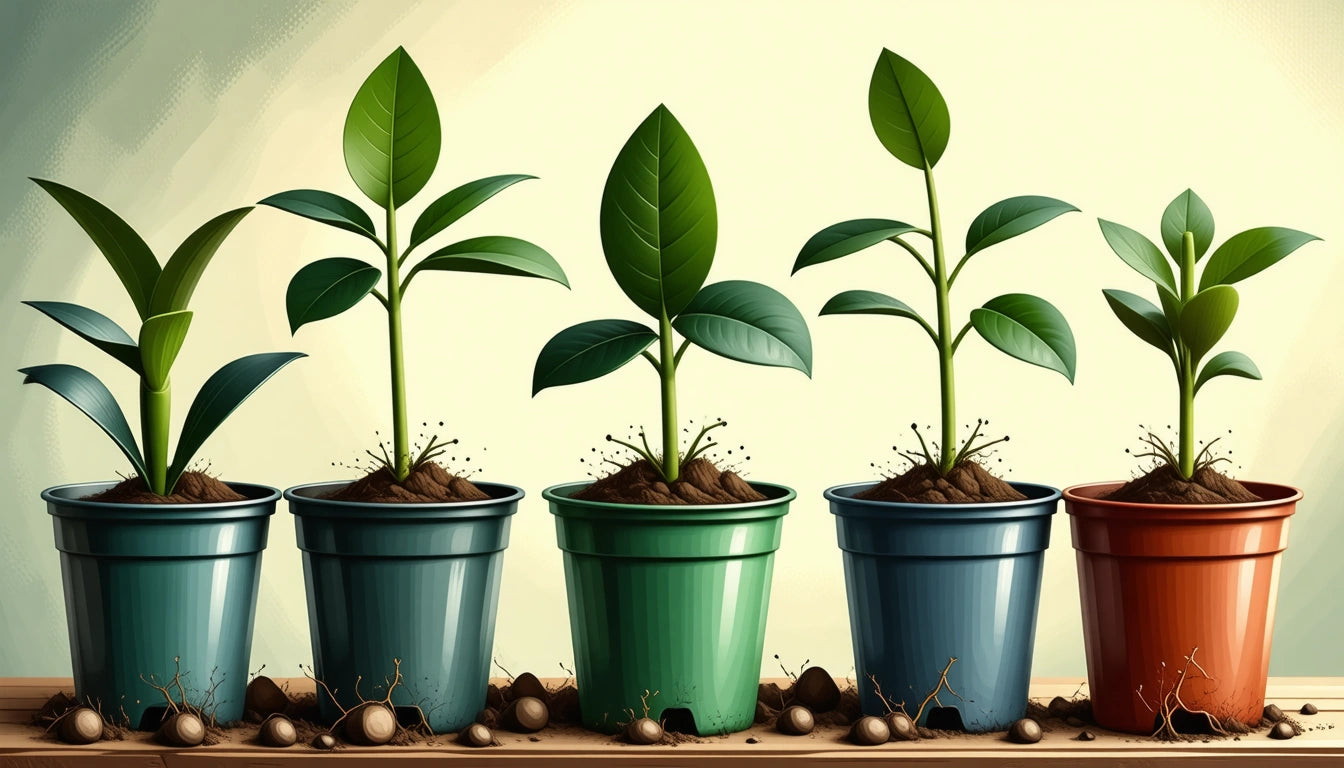Exploring Stoner Culture: Lifestyle, Aesthetics, and Common Misconceptions
Stoner culture has evolved significantly over the decades, transforming from a counterculture movement to a more mainstream lifestyle choice as cannabis legalization spreads across the globe. Despite this evolution, numerous stereotypes and misconceptions persist about what it means to be a stoner, from physical appearance to lifestyle choices and career options.
Defining Stoner Culture: Beyond the Stereotypes
The term "stoner" traditionally refers to someone who regularly consumes cannabis, but the culture encompasses much more than just consumption habits. Modern stoner culture includes specific aesthetics, music preferences, philosophical outlooks, and social practices that vary widely across different communities.
According to research on navigating the stoner experience, the community is incredibly diverse, spanning all demographics, professions, and socioeconomic backgrounds. This diversity challenges the one-dimensional portrayal often seen in media.
Physical Appearance Myths and Realities
The Hair Length Connection
One common stereotype questions why do stoners grow their hair long. This association stems from the counterculture movements of the 1960s and 1970s when cannabis use was linked with hippie culture, which often featured longer hairstyles as a form of rebellion against conservative norms.
In reality, there's no biological or practical reason why cannabis consumption would influence hair length. Today's cannabis enthusiasts sport all types of hairstyles, from buzz cuts to long locks, depending on personal preference rather than consumption habits.
What Do Stoners Actually Look Like?
The question "what does a stoner look like" reveals our tendency to stereotype. Contemporary cannabis consumers don't conform to any particular look. They are professionals, parents, artists, athletes, and people from all walks of life whose appearance varies as widely as in the general population.
Some enthusiasts do embrace certain aesthetic elements associated with cannabis culture, such as clothing featuring cannabis imagery or colors traditionally associated with the plant. However, these are style choices rather than inherent physical characteristics of cannabis users.
Lifestyle and Environment
Stoner Room Aesthetics and Ideas
For many enthusiasts, creating a comfortable space for consumption is important. Popular stoner room ideas often include:
- Comfortable seating arrangements with plush pillows and blankets
- Ambient lighting with color-changing options
- Sound systems for music, as highlighted in guides to top stoner songs
- Art and décor that stimulates visual interest
- Proper storage solutions for cannabis products, including quality storage containers like mylar bags that preserve freshness
- Air purification systems to manage odors
These spaces are designed to enhance the experience while maintaining functionality and personal style preferences.
Health Considerations and Longevity
A common query is "how long do stoners live for," reflecting concerns about cannabis's long-term health effects. Current research shows mixed results, with some studies suggesting potential benefits for certain conditions while others indicate risks, particularly with heavy, long-term use.
Factors affecting health outcomes include:
- Consumption method (smoking vs. vaping vs. edibles)
- Frequency and quantity of use
- Age of first use
- Presence of pre-existing health conditions
- Overall lifestyle habits
As with many substances, moderation and responsible use are key determinants of long-term health impacts. Many cannabis users also maintain healthy lifestyles that include regular exercise, balanced nutrition, and preventative healthcare.
Career Paths for Cannabis Enthusiasts
Best Jobs for Stoners
As cannabis legalization expands, so do career opportunities within and adjacent to the industry. The best jobs for stoners might include:
- Within the cannabis industry: Budtender, grower, extraction technician, compliance officer, or marketing specialist
- Creative fields: Music production, graphic design, writing, or other artistic pursuits that may benefit from cannabis's potential to enhance creativity
- Flexible work environments: Remote positions, freelance opportunities, or jobs with non-traditional hours
- Outdoor work: Landscaping, forestry, or environmental science roles that connect with nature
- Entrepreneurship: Starting cannabis-adjacent businesses like accessory shops or lifestyle brands
The key consideration for cannabis consumers in their career choice is finding employers with progressive policies or roles where off-hours consumption doesn't conflict with job performance. As noted in guides about enjoying time while stoned, responsible use involves understanding appropriate times and contexts for consumption.
Evolving Perceptions and the Future of Cannabis Culture
As legalization continues and research expands, public perception of cannabis culture is gradually shifting. What was once viewed primarily through the lens of stereotypes is increasingly recognized as a multifaceted community with diverse participants.
The future of stoner culture will likely see further integration into mainstream society, with continued evolution of aesthetics, practices, and social norms. Questions about what materials products like evolve stone are made of reflect growing interest in consumption methods beyond traditional smoking.
This normalization process doesn't mean the loss of the culture's unique characteristics but rather an expansion that embraces both traditional elements and new innovations. As comparisons of societal perceptions show, cannabis use is increasingly viewed as a personal choice similar to alcohol consumption, though with its own distinct cultural context.
The ongoing evolution of stoner culture represents a broader societal shift toward understanding cannabis use as one aspect of a person's lifestyle rather than a defining characteristic, challenging long-held stereotypes about what a stoner is or looks like.











Leave a comment
All comments are moderated before being published.
This site is protected by hCaptcha and the hCaptcha Privacy Policy and Terms of Service apply.